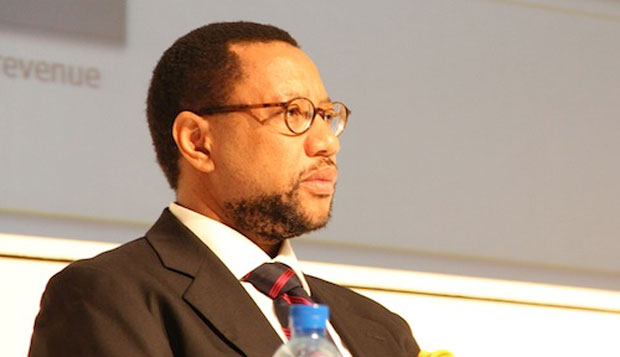
The Hoffmann Committee, appointed by MTN, has cleared the Johannesburg-listed telecommunications group of wrongdoing in Iran, calling allegations made by rival Turkcell a “fabric of lies, distortions and inventions”.
MTN told shareholders on Friday that the committee, chaired by top jurist Lord Leonard Hoffmann, had found there was no conspiracy between MTN and Iranian officials to remove Turkcell, a rival bidder, from the successful consortium to establish a mobile operator in Iran called MTN Irancell.
MTN holds a 49% stake in Irancell.
“Lord Hoffmann confirmed to the MTN board that he, personally, approved the report and that the committee had received full cooperation from MTN and access to all individuals, information, documents and facilities as were requested by it,” MTN says in a statement. “Lord Hoffmann further confirmed that neither MTN nor its management had in any way sought to influence the committee in its deliberations or the formulation of the report.”
The committee found that there was no promise on the part of MTN to get the South African government to supply defence equipment to Iran or to support Iran’s nuclear policy at the International Atomic Energy Agency, as claimed by Turkcell in court papers filed in the US.
Furthermore, MTN made no payments to South Africa’s ambassador to Iran, Yusuf Saloojee, and neither former group CEO Phuthuma Nhleko nor former director Irene Charnley authorised former MTN Irancell director Chris Kilowan to promise him anything.
The Hoffmann Committee took a year to complete the investigation and its report runs to nearly 200 pages, with 500 pages of appendices. MTN will publish the full report on its website.
The group says it will continue to defend the court proceedings in the US “vigorously”, although it says it expects these to be “disposed of” once the supreme court has clarified the scope of applicable US law, which is expected to happened by the end of June 2013.
In its application to the US courts, Turkcell alleged that MTN conspired with Iranian officials to oust Turkcell from the successful consortium and take its place by promising to use its influence with the South African government to procure the supply of defence equipment to Iran and to support the Iranian nuclear development programme at meetings of the International Atomic Energy Agency.
It also accused MTN of bribing two Iranian public bodies (Sairan and the Bonyad) with payments disguised as sham loans and of paying off Saloojee with an amount of US$200 000 and bribing an Iranian official, Javid Ghorbanoghli, with a payment of $400 000 to a company called Aristo Oil International Limited.
According to MTN, the committee determined that neither Nhleko nor Charnley approved a payment which they knew to be intended for Ghorbanoghli.
“On 4 April 2007, a subsidiary of MTN made a payment of $400 000 into the personal account of a Mousa Hosseinzadeh, a business partner of Kilowan’s who had been introduced to him by Ghorbanoghli. The Hoffmann Committee determined that the evidence of both Kilowan and Hosseinzadeh was unreliable, and was thus unable to determine what happened to this money. The payment was made on an invoice from Aristo Oil International Limited, of which Hosseinzadeh is a director, for consultancy services, apparently countersigned by Nhleko, but the Hoffmann Committee found that there is evidence (including expert handwriting analysis) to suggest that Nhleko’s signature was a forgery.
“Consequently, the allegations made by Turkcell against Nhleko, Charnley and members of the MTN board and senior management, including the chairman, Cyril Ramaphosa, and the current CEO, Sifiso Dabengwa, who were all alleged to be complicit in the actions of Nhleko and Charnley, are false.” — (c) 2013 NewsCentral Media
- Download the Hoffmann Committee report (PDF)




